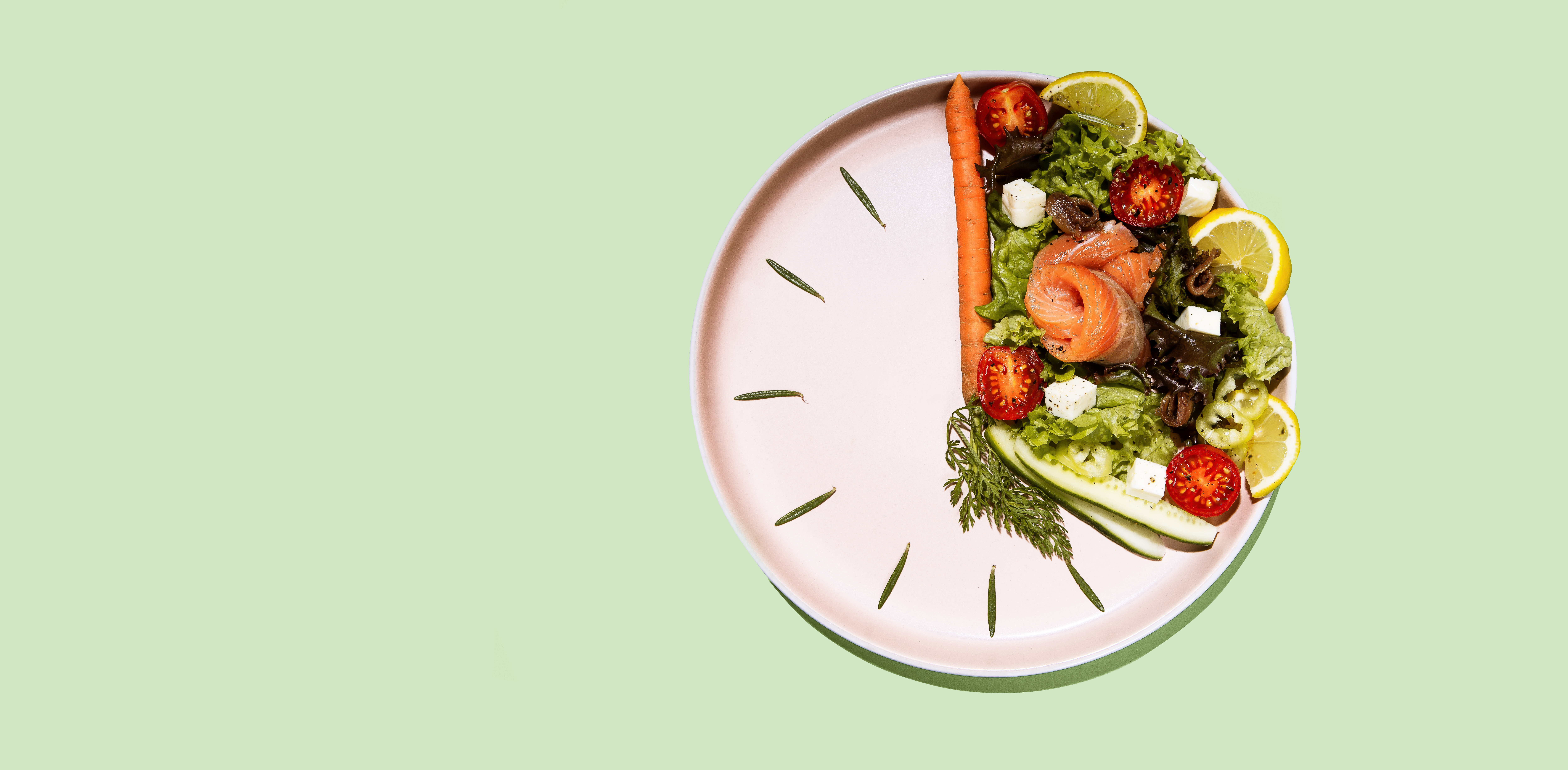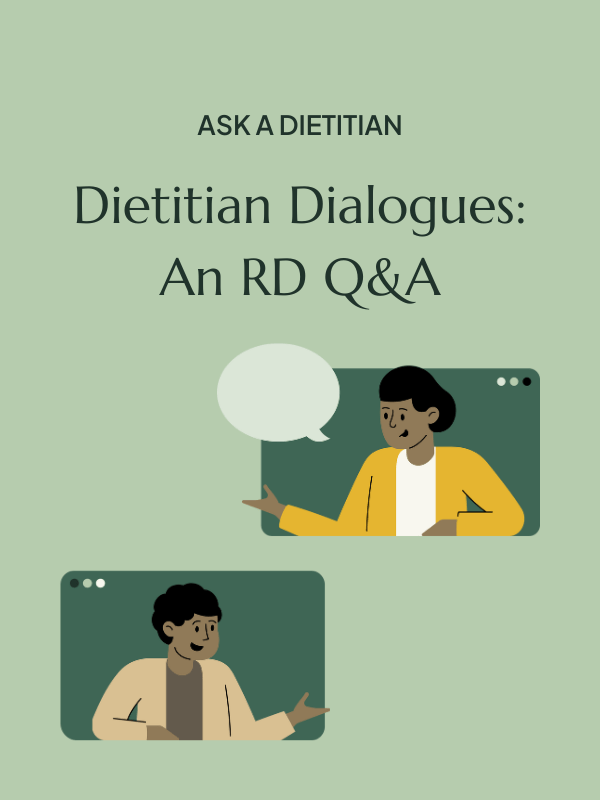Suffering from food allergies? You’re not alone. The prevalence of people with food allergies has significantly increased over the past decade. In the United States, about about 20 million people have at least one food allergy.
We know that food allergies impact everyday life and can be challenging to navigate, so we’ve pulled together our top tips for tackling food allergies from our team of registered dietitian nutritionists.
What are food allergies?
Food allergies are an immune reaction to specific proteins in foods. Some food allergens can cause mild to moderate symptoms, such as digestive issues and rashes, while others can cause serious reactions that require immediate medical treatment.
A reaction called anaphylaxis is an acute, and severe allergic reaction that can cause symptoms including difficulty breathing and swallowing, fainting, and vomiting.
The Food and Drug Administration (FDA) has identified eight major food allergens: peanuts, tree nuts, wheat, milk, egg, soybean, fish, and shellfish, and as of January 2023, sesame has been added to this list.
All packaged foods containing any of these ingredients must be clearly labeled with the potential allergen it contains. It is important to note that this FDA list is not exhaustive, as there are many foods that cause people to have allergic reactions.
Is there a cure for food allergies?
Currently, there is no cure for food allergies. However, there are immunotherapy approaches being researched as potential treatments where food allergens are exposed in microdoses either through the mouth, skin patches, or injections. These studies are still ongoing, so for now, the primary treatment for food allergies is avoidance of the food allergen.
If an individual is at risk of anaphylaxis due to their food allergy, epinephrine, a hormone, and neurotransmitter, is used to counteract the effects, typically administered via an EpiPen.
Tips for managing life with food allergies
Food allergies can significantly impact your quality of life. Studies have shown that individuals with food allergies report higher rates of depression and anxiety compared to individuals without food allergies. This may be related to difficulties managing food allergies in social contexts, fear of peer judgment, stress around what to eat, and simply feeling “different.”
There are certain steps you can take to help improve your quality of life with food allergies. Here are some of our top tips:
Educate Yourself
Building your knowledge about your food allergen, and what foods contain it, can help build your confidence in navigating your food allergy.
- Educate yourself on the known and hidden sources of your food allergen and keep a list of them on your phone to refer to while grocery shopping or at restaurants.
- Is your allergen one of the top eight (soon to be nine) identified by the FDA? If so, read food labels! You will see your allergen listed on most nutrition labels on packaged foods.
- Become an expert in reading and interpreting food labels – Does your allergen go by another name that might be hidden in the long list of ingredients on the label?
- Ask your healthcare provider about the level of sensitivity of your allergen and if you need to practice cross-contamination precautions.
- If you are sensitive to cross-contamination, make sure to avoid sharing cooking equipment. For example, if you have celiac disease and cannot consume gluten, but live in a household where others do, invest in your own toaster.
Stand Up For Your Food Allergy
We know it can be tiring to be rigorous about avoiding your food allergen. It can feel isolating to be viewed as the “food allergy” person at the table, but remember, your health and safety come first.
Here’s how you can advocate for yourself:
- Call the restaurant ahead of time to inquire about the foods you are interested in eating, and if they are safe for you to eat.
- Remind friends and family of your food allergy and offer any help they may need to make your meal safe from cross-contamination or hidden food allergen sources. Or bring food you can enjoy to share!
- Meal prep to avoid cafeterias at work or school that may not be able to prevent cross-contamination.
Build Your Support System
Surround yourself with people and information sources you can trust, including:
Plan ahead
When you have a food allergy, it can be hard to anticipate if there are going to be safe options available when traveling or at other people’s homes. We recommend stashing a small bag of safe snacks to bring with you on the go, so you always have a backup option in case you cannot find foods suited to your needs.
A registered dietitian nutritionist can help you find nutrient-packed snack ideas or food products that work for your specific allergy, nutritional needs, and taste preferences.
Meal prepping is another effective plan-ahead strategy. Sounds exhausting, we know, but this can truly make your life easier. Dedicate a few hours per week to developing your meal plan, grocery shopping, and cooking some of the meal elements ahead of time.
We recommend using the plate method to help build your meals, which includes ½ plate of non-starchy vegetables, ¼ plate of carbohydrates, and ¼ plate of protein + 1-2 servings of healthy fats. Create these categories on your grocery list and fill them with foods you like that are suitable for your dietary restrictions.
Try batch-cooking grains or proteins ahead of time and washing and chopping produce when you get back from the market to make throwing meals together easier during the week.
And don’t forget the flavor factor! Try different dressings, sauces, herbs, and spices to help boost the flavor of your meals.
Be Creative
Food restrictions can lead to creative recipes in the kitchen. It forces you to think outside the box and explore new recipes and food combinations. Instead of focusing on the foods you can’t eat, find ones that you can add to your diet. Get inspired by other allergy-friendly food blogs to craft your own delicious creations.
Living with food allergies
Living with food allergies can be challenging, but they do not define you. Be confident in prioritizing your health and exploring your own food journey. We hope these tips and tricks help you along the way.
Have more questions about food allergies? Work with a Culina Health registered dietitian nutritionist to get personalized virtual nutrition care that is covered by insurance.






